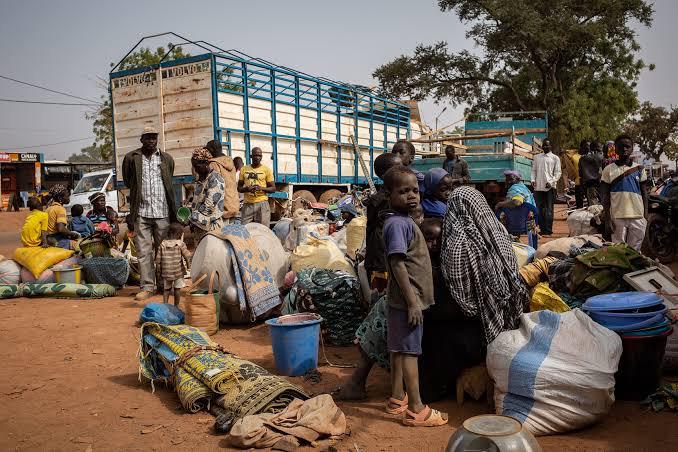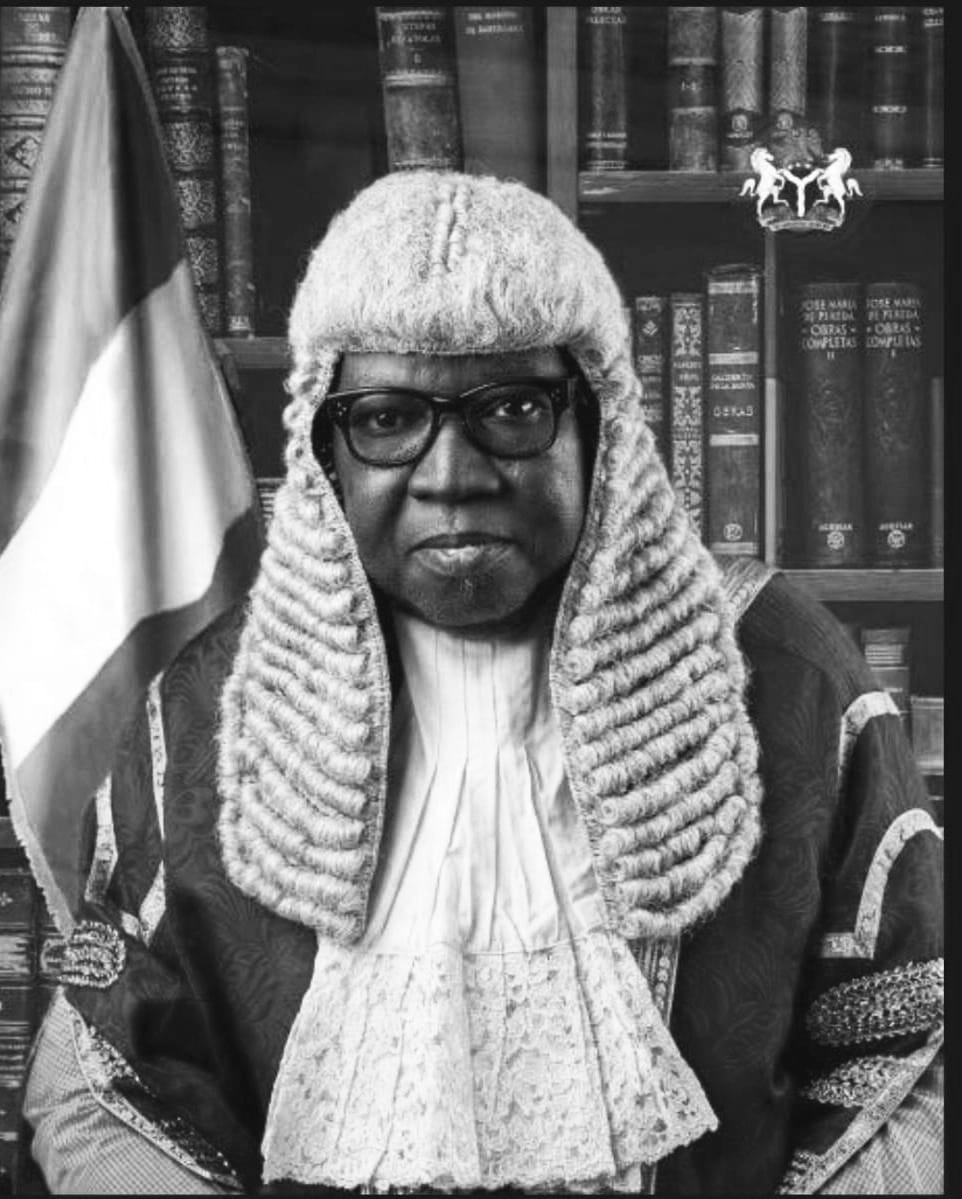[ad_1]
The International Community of Red Cross (ICRC) has provided 10,000 mental health and psychosocial support services to 10,000 traumatised victims in Borno in eight years. Comfort Dauda, ICRC mental health and psychosocial support field officer, said this in Maiduguri.
Ms Dauda said ICRC has been providing mental and psychosocial support for people affected by the violence of the armed conflict in the state, noting that they are in one of the communities to celebrate World Mental Health Day with some of their service users.
She explained that ICRC has also provided the beneficiaries basic psychosocial support, psychological first aid, psycho-education, awareness-raising, community-based activities, counselling, group therapy, psychiatric and psychological assessments and treatments.
”The beneficiaries were drawn from Maiduguri Metropolitan Council, Damboa Dikwa, Monguno and Bama. They were provided with 10 weeks of psychosocial support services,” she said.
The official noted that those who accessed the services included IDPs, missing persons, hospital patients suffering weapon wounds, frontline healthcare workers, and people in detention treated in various health facilities.
“We are supporting such patients in Umaru Shehu Hospital, State Psychiatric Hospital, State Specialist Hospital and University of Maiduguri Teaching Hospitals in the state to provide such services to the victims. We also collaborated with the State Psychiatric Hospital to train some social workers and nurses to support people affected by violence on mental health and psychosocial support services,” Ms Dauda explained.
She added, ”We are also collaborating with the State Ministry of Health and Women Affairs to provide psychological support services to women and girls who were sexual violence victims.
“We are currently working in three communities in the MMC, including Ngaranam Bayan Quarters and Libya Bayan Texaco, where over 340 people with the same symptoms go to the centres to sit down and interact for ten weeks with our mental health and psychosocial support professionals.”
Malama Batul Bulama, an IDP, said she recovered from trauma after accessing the organisation’s mental health and psychosocial services.
Ms Bulama said before she was treated in one of the centres, she was depressed and had serious health complications after she and her family were displaced in their community by Boko Haram insurgents.
(NAN)
[ad_2]
Source link



